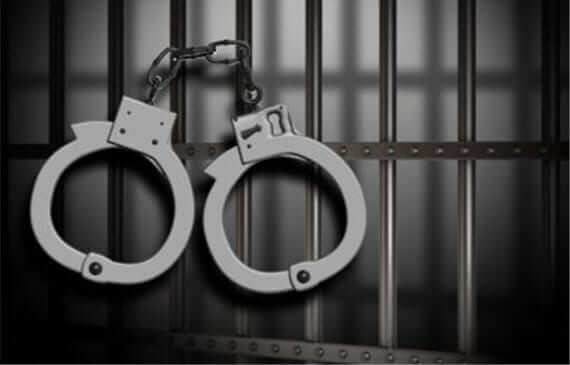If you are a victim of crime or felony in the Philippines, it is wise to report the crime or felony with the barangay and police authorities. Thereafter, you must secure a barangay blotter and police blotter or report so that you may use them as evidences. If you sustained injuries, go to a government hospital to have yourself checked out. The medical report of said hospital will be very useful to prove your physical injuries. In addition, ask someone to take photographs of your injuries as proof.
To enable you to properly lodge a criminal complaint, it is of foremost concern that you secure the services of a good and efficient Philippine lawyer, attorney or law firm. As you will need to file a Complaint-Affidavit with the Office of the City Prosecutor where the crime was committed, it is necessary to have your facts straight and evidences in check. A good criminal lawyer will draft a Complaint-Affidavit which will prove all the elements of the crime or felony.
After filing your Complaint-Affidavit, the Office of the City Prosecutor will issue a subpoena against the accused, requiring him to appear on a certain date and time to submit his Counter-Affidavit. Thereafter, you may file a Reply-Affidavit to controvert the new issues he raised. In the same vein, the accused may file a Rejoinder-Affidavit.
This process is known as preliminary investigation. Preliminary investigation is an inquiry or proceeding to determine whether there is sufficient ground to engender a well-founded belief that a crime has been committed and the respondent is probably guilty thereof, and should be held for trial. This is a crucial stage in criminal proceedings because the prosecutor will have to determine whether there is sufficient ground to file an information in court against the perpetrator. That is why you need to seek expert legal advice and engage the services of Philippine criminal prosecution lawyers or attorneys to ensure that your criminal complaint is strong and can prove the elements of the crime.
If there are no sufficient grounds, then the prosecutor will dismiss the case. As such, the criminal complaint will not be filed in court. Your criminal lawyer may file a Motion for Reconsideration with the City Prosecutor. If the Motion is denied, you may seek remedy from the Department of Justice.
If the prosecutor finds probable cause, he will issue a resolution spelling out the reasons for such finding. The prosecutor will correspondingly file an information in court, with the recommended bail. If the judge in the pertinent court finds sufficient grounds, he shall issue a warrant of arrest. Except for certain crimes punishable by reclusion perpetua, when evidence of guilt is strong, the accused may post bail.
Trial will thereafter ensue. It must be emphasized that criminal cases are offenses committed against the state. Thus, the prosecutor or fiscal will be the one prosecuting the criminal case. However, he may be assisted by private prosecutors. In view of the known fact that prosecutors are laden with heavy work load, it is best to secure your own private lawyer in the Philippines who can give your concerns the appropriate attention and detail.
Nicolas & De Vega Law Offices is a full service law firm in the Philippines. You may visit us at the 16th Flr., Suite 1607 AIC Burgundy Empire Tower, ADB Ave., Ortigas Center, 1605 Pasig City, Metro Manila, Philippines. You may also call us at +632 4706126, +632 4706130, +632 4016392.









